Building Biodiversity: Insect Hotels for Every Garden
Whether you have a small urban backyard or sprawling farmland, building an insect hotel can significantly boost biodiversity in your garden. Insect hotels, made from natural or recycled materials, provide much-needed shelter for various beneficial insects, from pollinators like native bees to natural pest controllers such as ladybugs and lacewings. These tiny workers are crucial for healthy ecosystems, ensuring the survival of flowering plants and protecting crops from harmful pests.
The Benefits of an Insect Hotel
Insect hotels help attract two essential groups of insects: pollinators and carnivores. Pollinators like native solitary bees help ensure plants flourish, while carnivores like ladybugs feast on aphids and other pests that can destroy your garden. By encouraging more biodiversity in your insect population, you not only help balance the ecosystem but also make your garden more resilient.
How to Build Your Own
There’s no one-size-fits-all when it comes to insect hotels; creativity is encouraged! Reuse natural materials like twigs, stones, and untreated wood to create a cozy habitat. You can even upcycle an old wooden box as the structure and fill it with materials to create different "rooms" for your insect guests.
- Logs with drilled holes: Vary the width and depth of the holes (3-10cm) to attract different species. Avoid drilling all the way through to prevent drafts.
- Bamboo: Use culms with natural interior walls for bees.
- Stones, twigs, and bark: Great for attracting beetles and other critters.
- Clay or terracotta pieces: These materials can be used for additional texture and nesting areas.
- Natural fibers: Shredded cardboard, straw, and coconut fibers create cozy nests for lacewings and ladybugs.
Important Tip: Avoid using treated wood, as the chemicals will repel insects rather than attract them.
Attracting Different Insects
Want to attract specific insects? Here’s how:
- Native solitary bees prefer hollow bamboo or drilled wood.
- Ladybugs enjoy bundles of twigs and sticks.
- Lacewings settle into straw or shredded cardboard.
- Beetles hide under bark, and other soft-bodied insects like assassin bugs love soft greenery.
Where to Place Your Insect Hotel
Location is key. In cool climates, position your hotel to face all-day sun. In warmer areas, morning sun is best. Shelter the hotel from strong winds and place it near plants like salvia and sedum for a perfect home environment.
Why Insect Hotels Matter
An insect hotel helps maintain balance in your garden. Ladybugs, for example, can eat up to 5,000 aphids in their three-week lifespan, making them natural pest control. Praying mantises, another beneficial insect, will take care of a wide range of pests. The more insect varieties you have, the better balance you’ll create.
Insect hotels provide an ideal spot for nesting, hiding, and overwintering. You may not notice the activity right away, but when you see sealed holes or hear buzzing, you'll know your hotel is working. By providing a welcoming space, you're supporting a thriving ecosystem, protecting pollinators, and helping your garden grow.
So whether you’re a seasoned farmer or a backyard hobbyist, consider building an insect hotel to support your local ecosystem and contribute to a healthier environment for all.
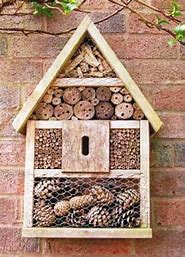
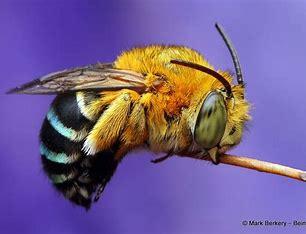
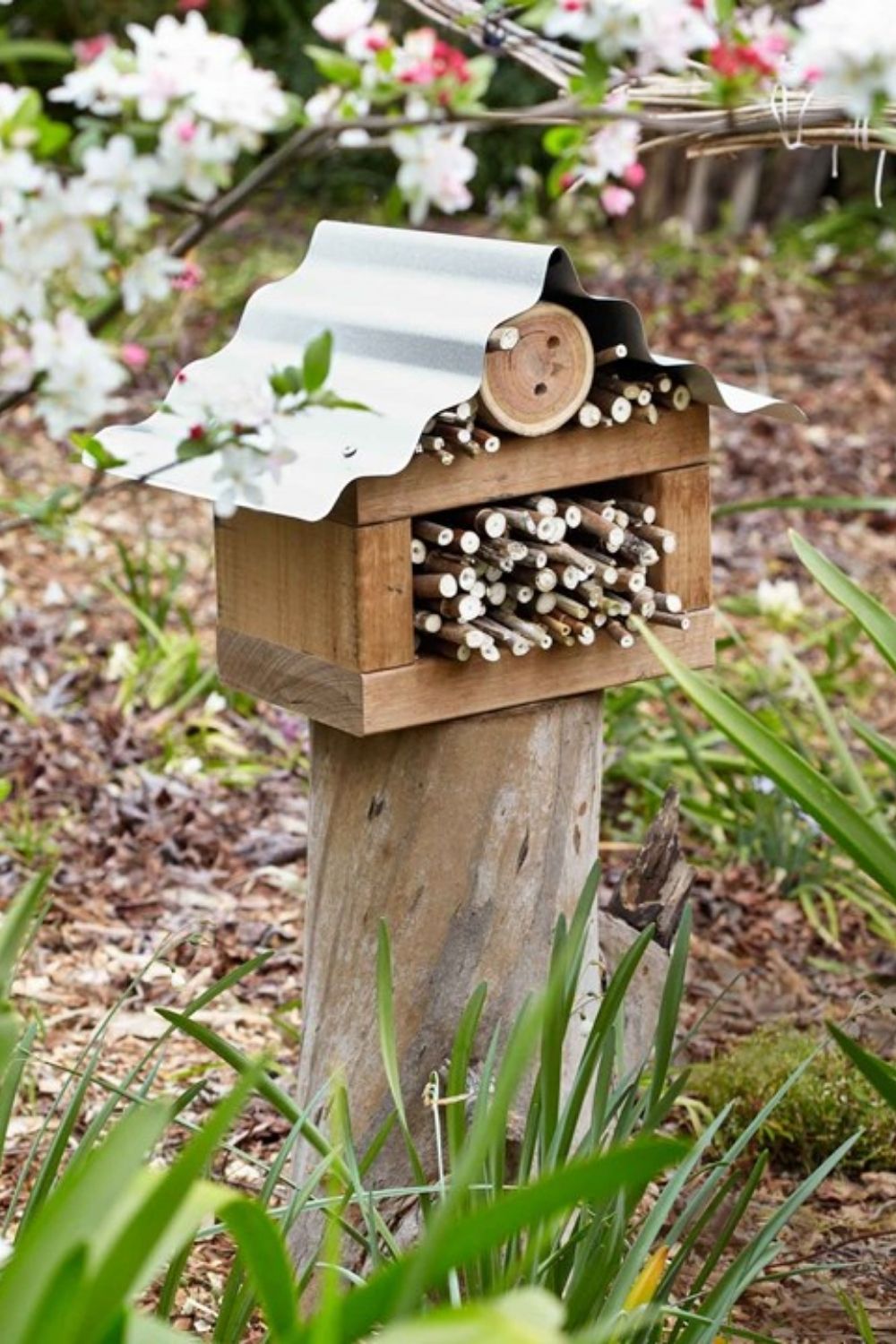
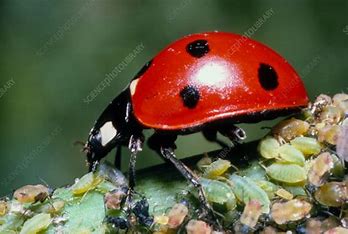

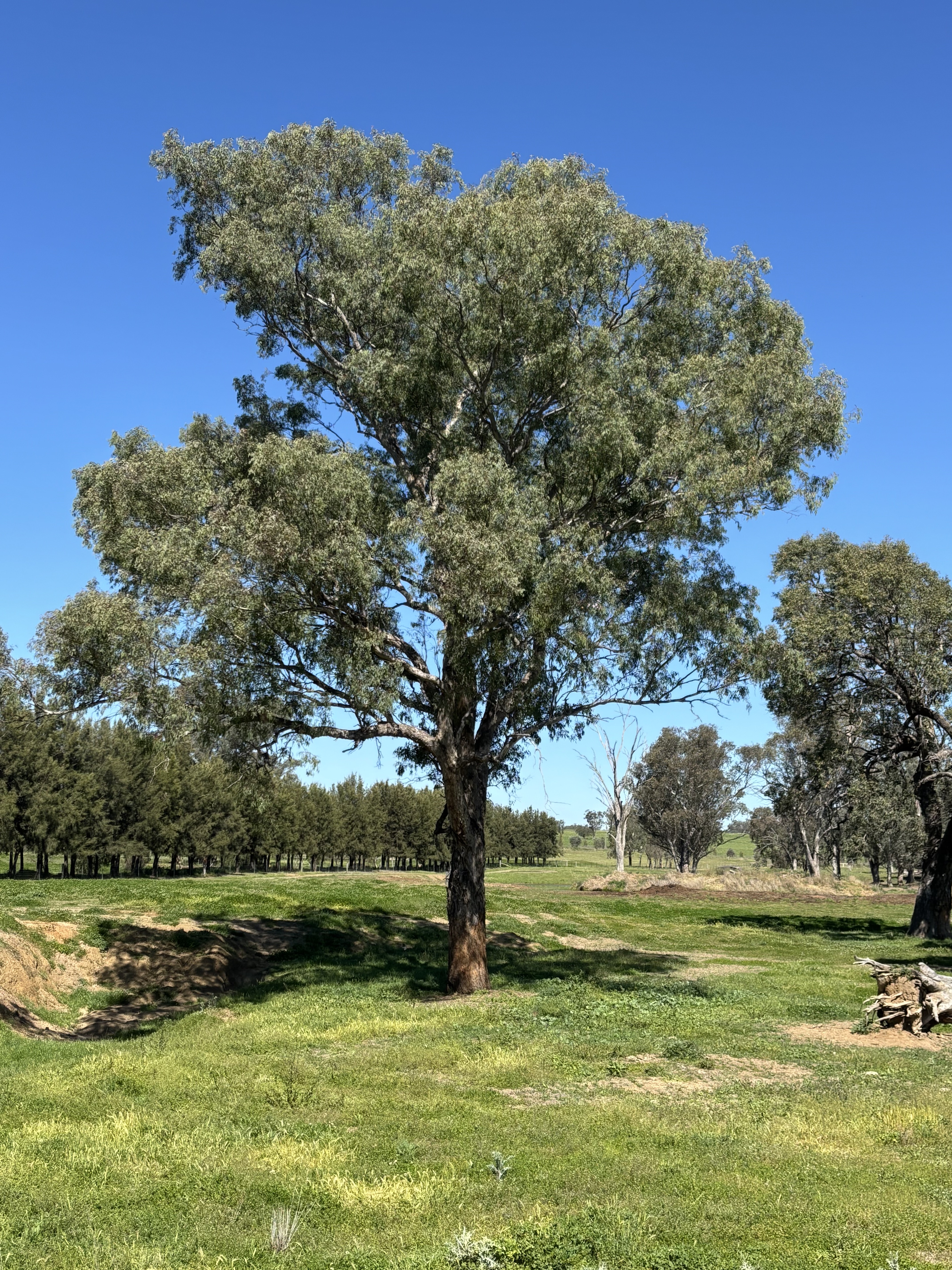
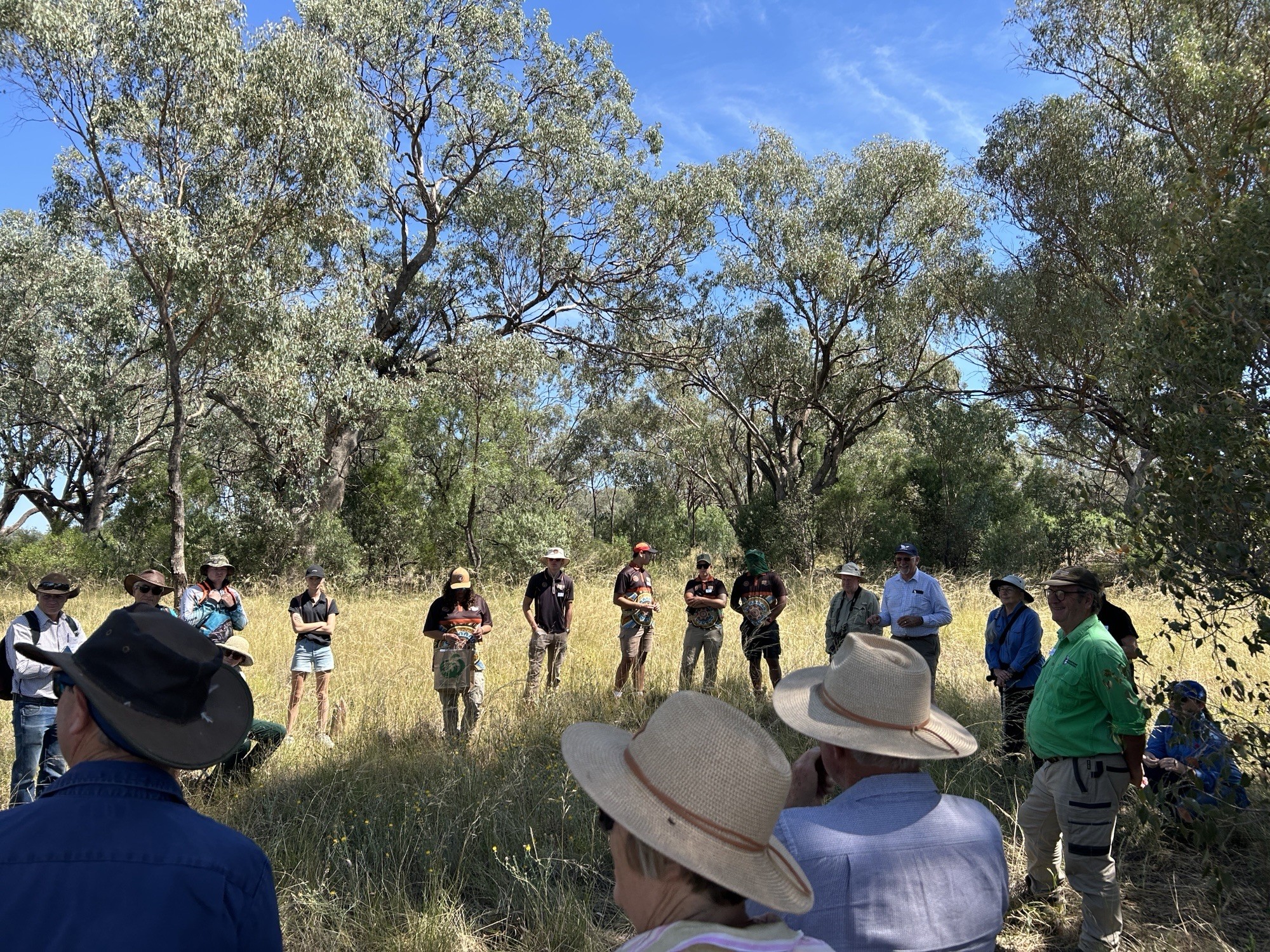
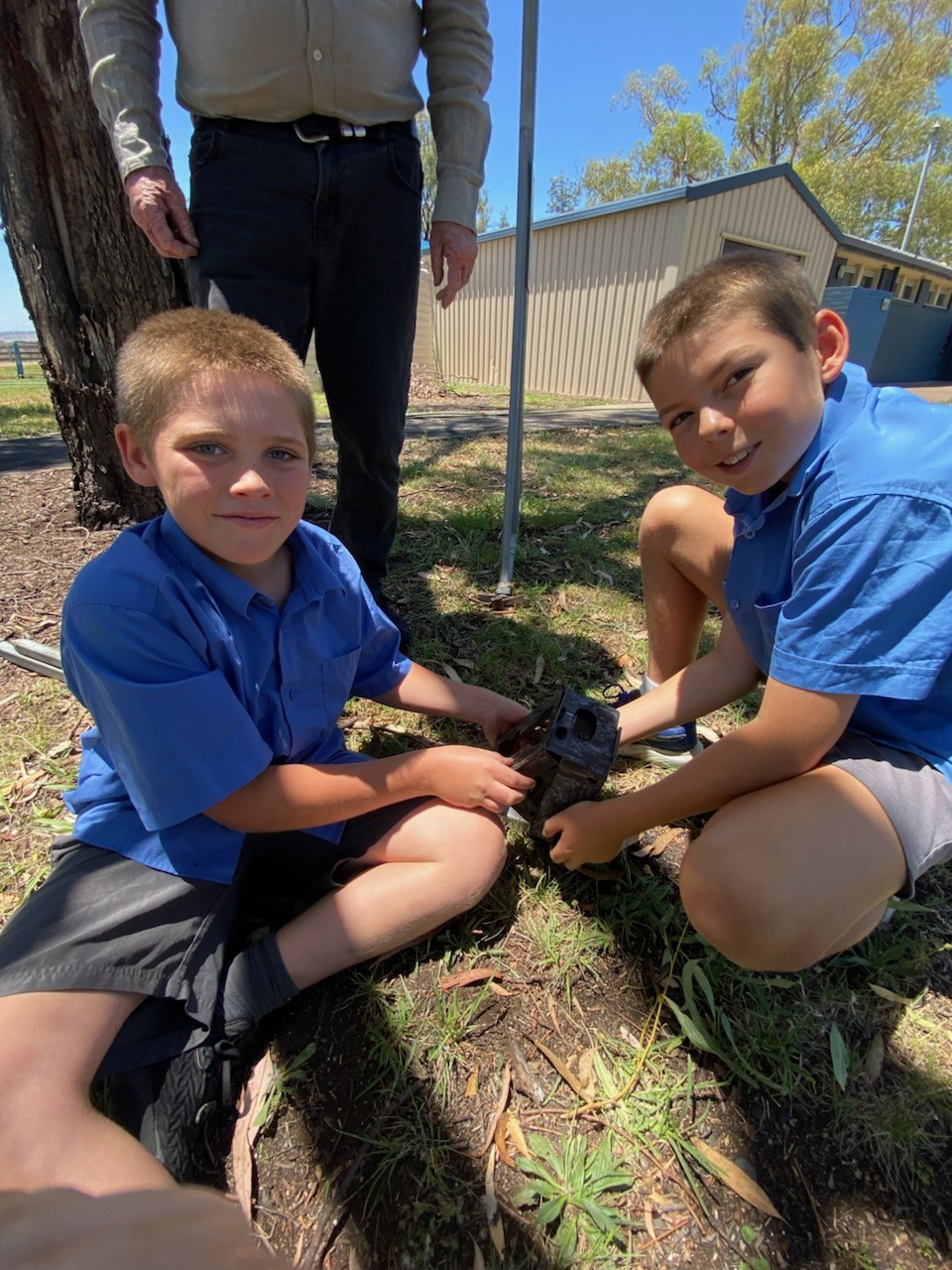
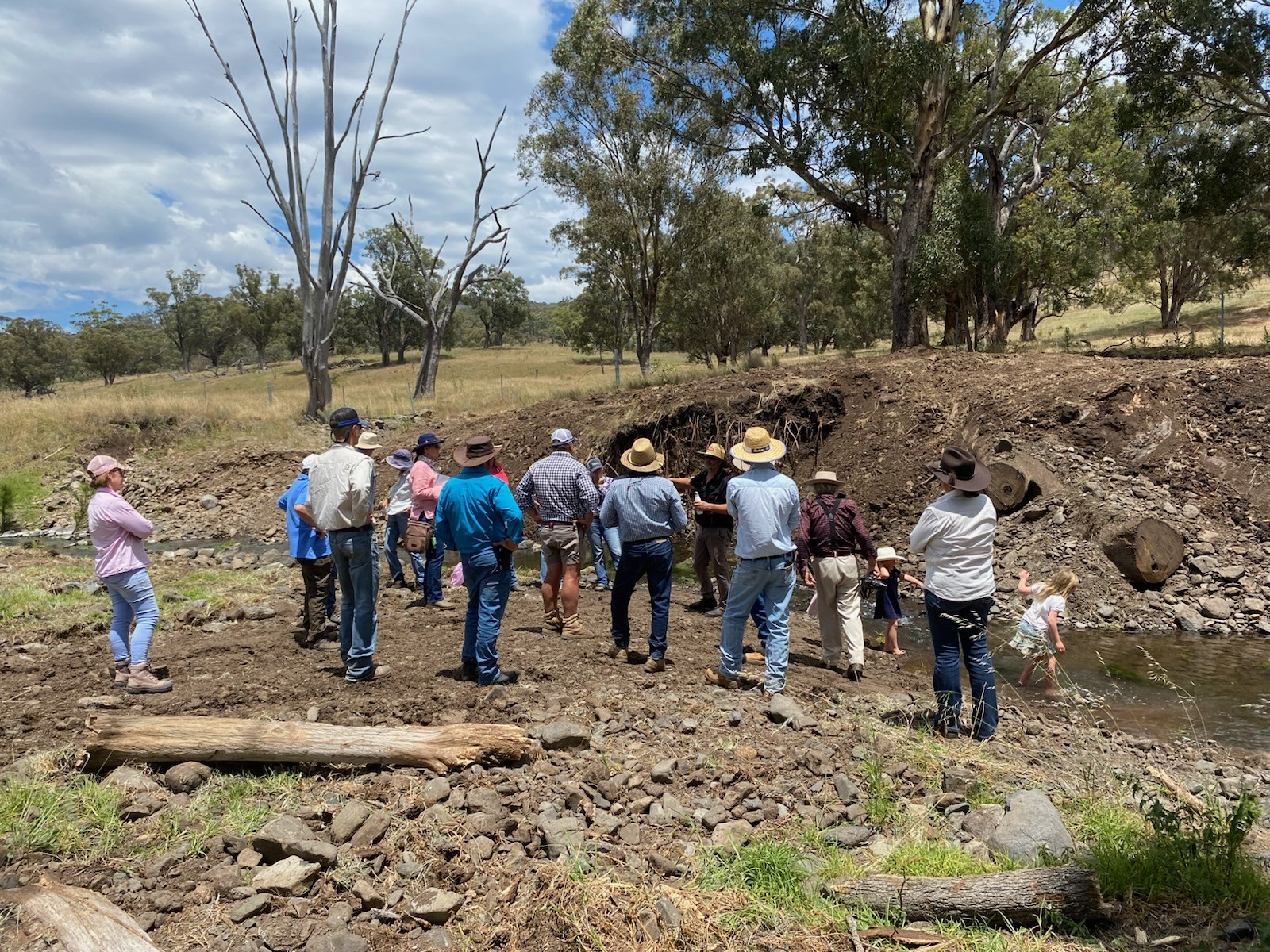
.png)
.jpg)
.jpg)

.jpg)
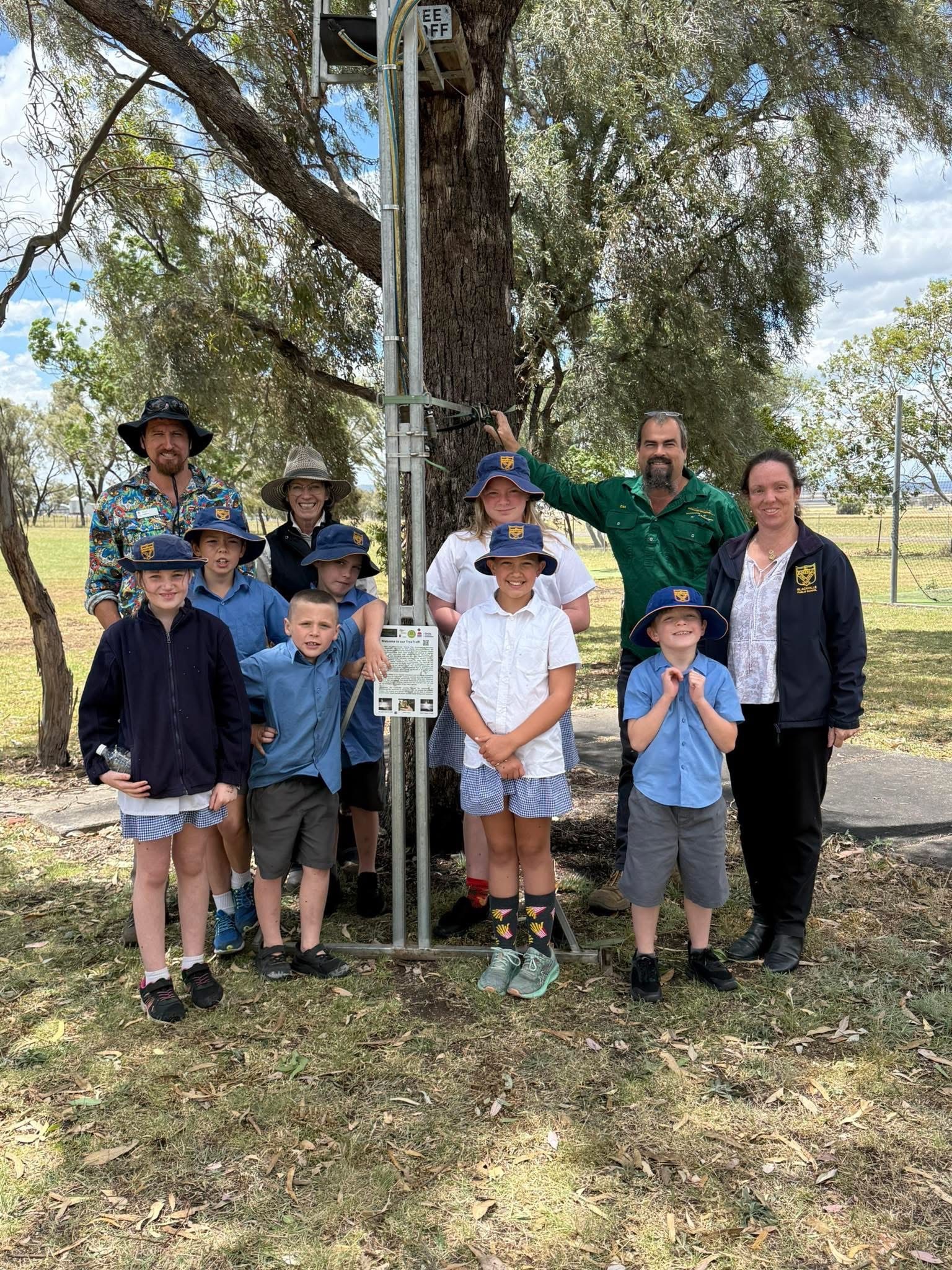
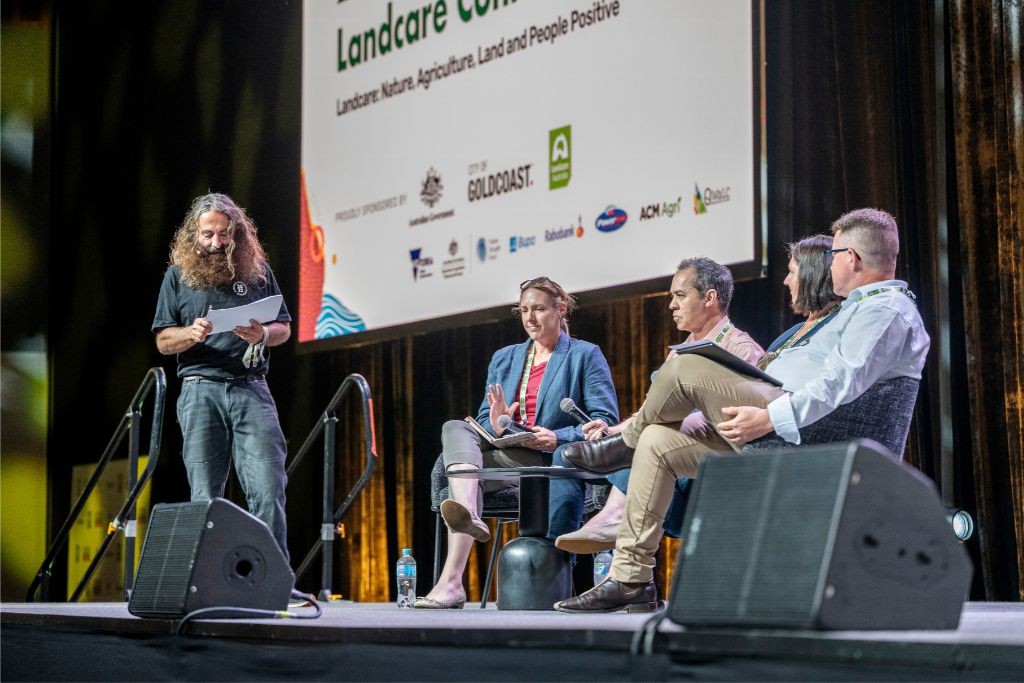

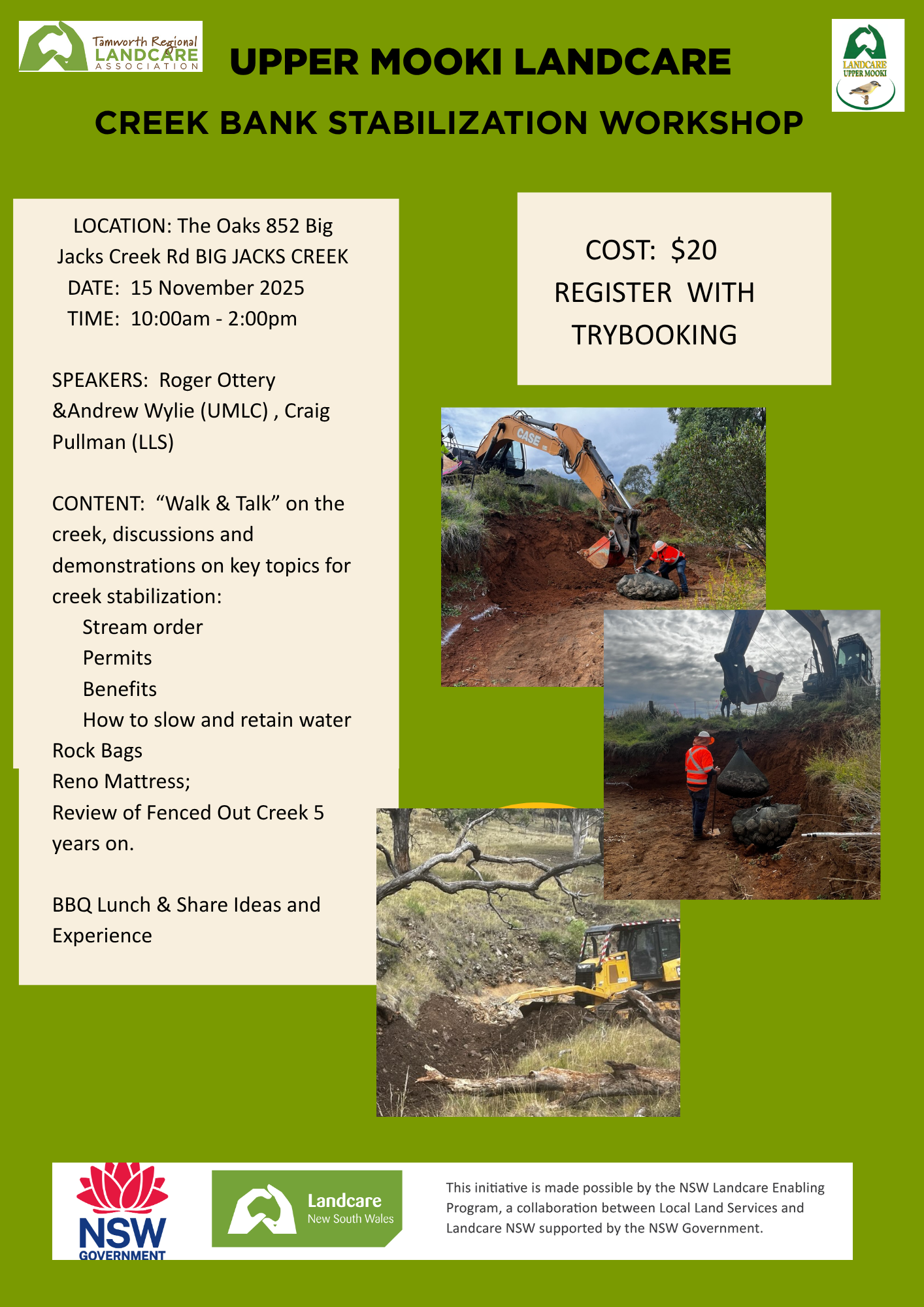
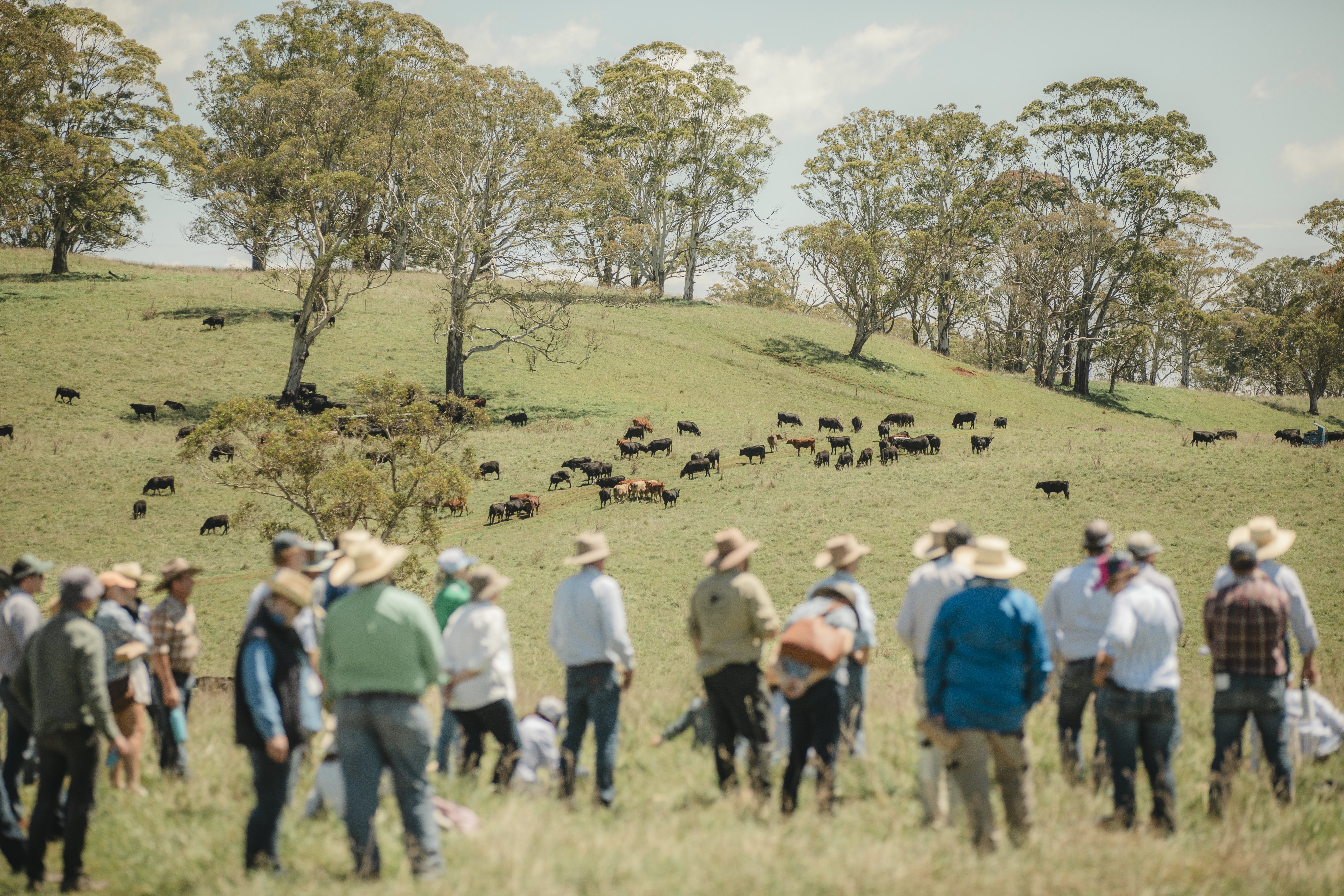
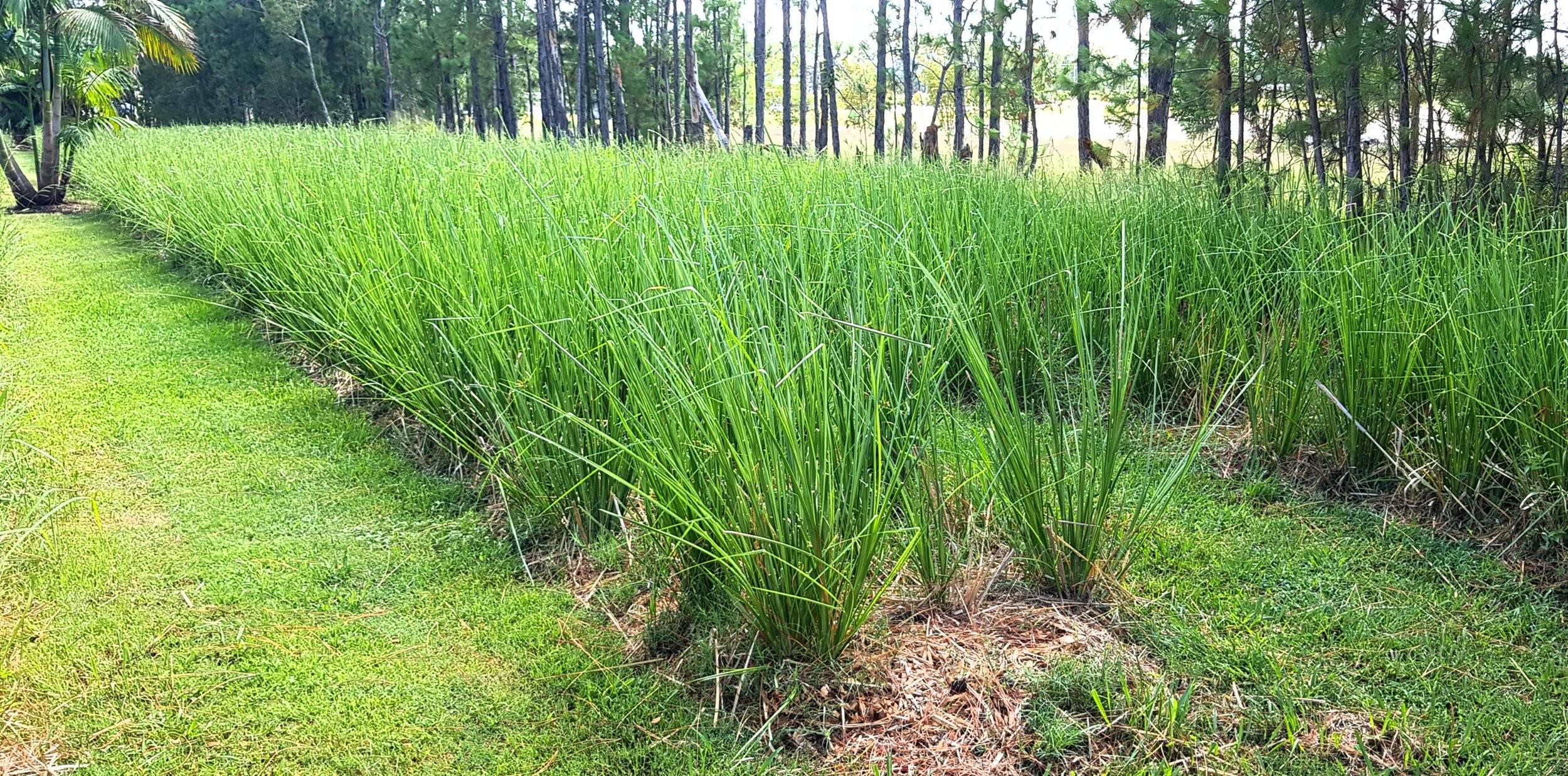
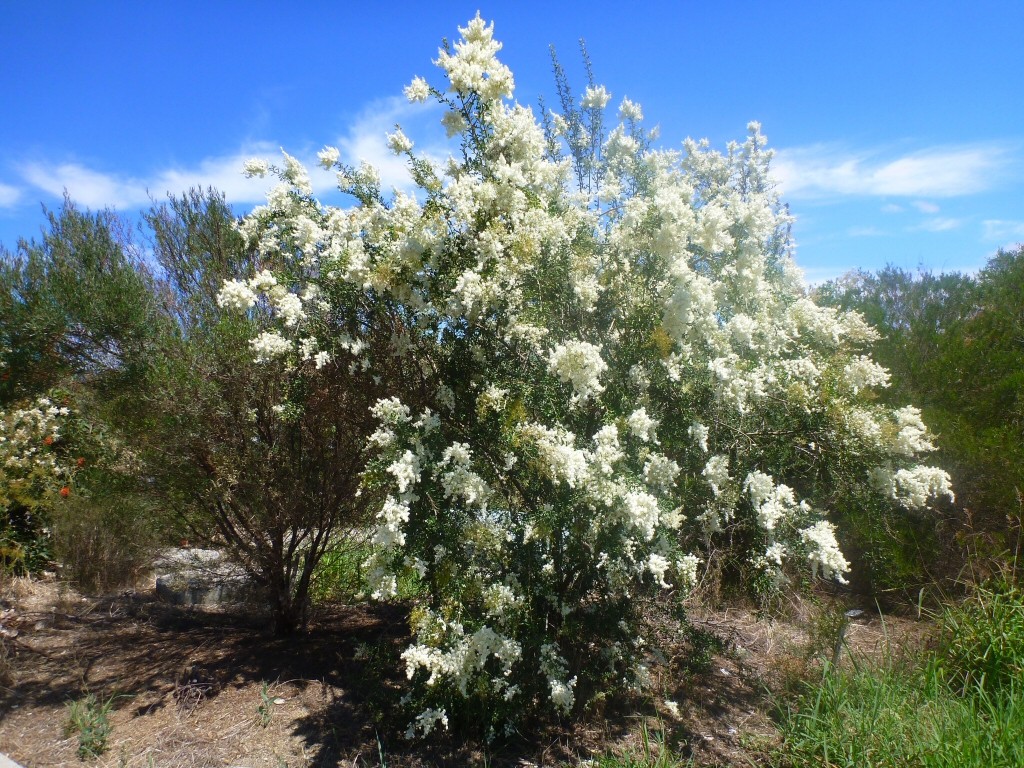
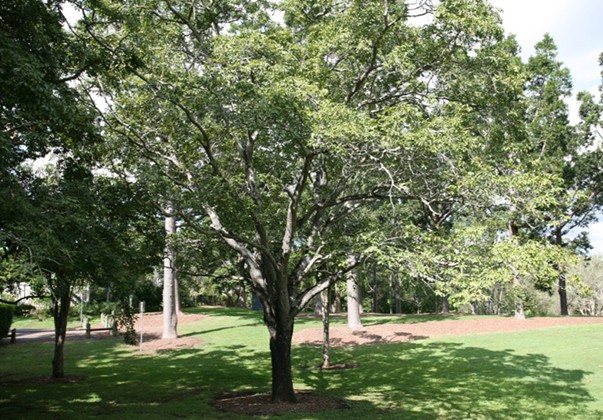
.jpg)

.png)
